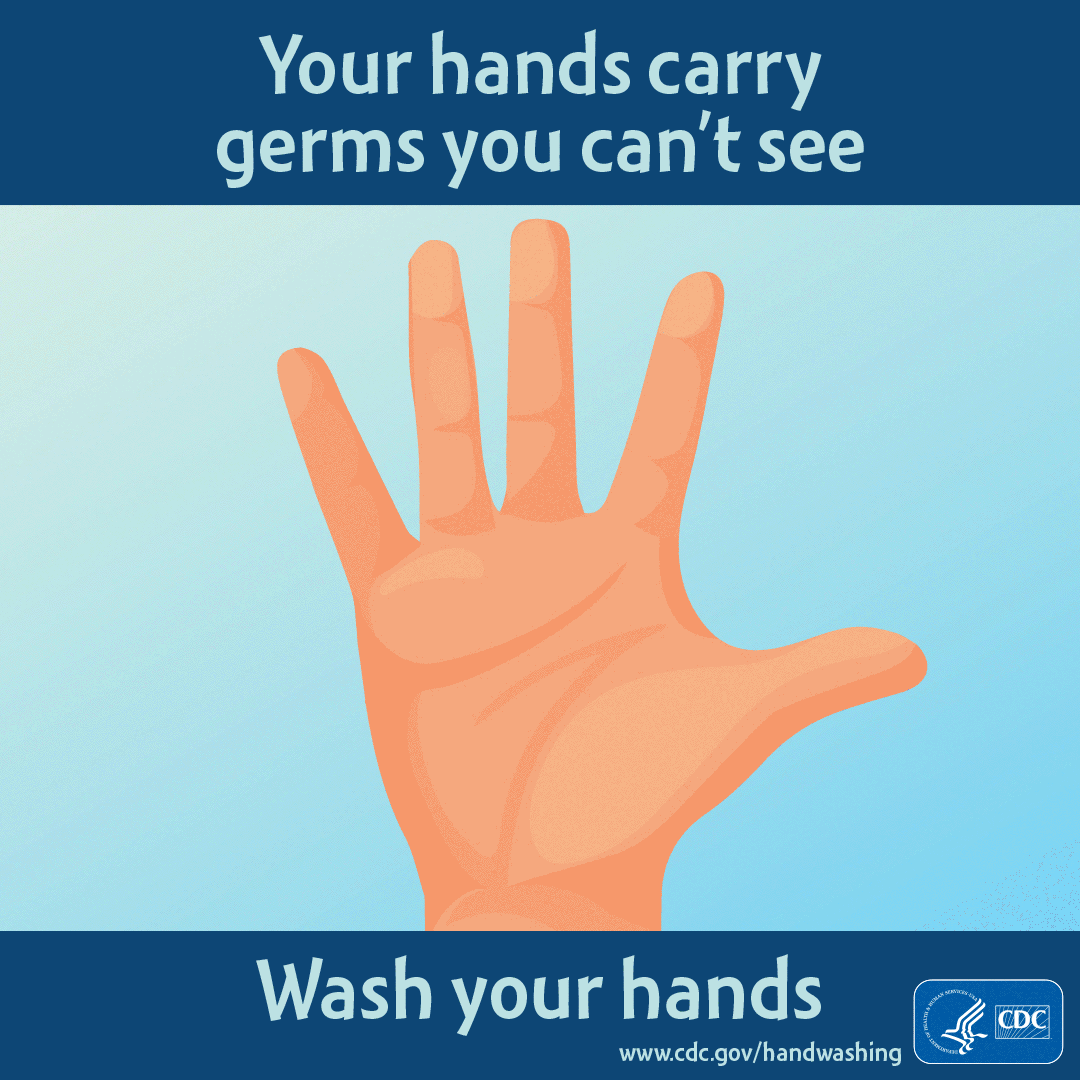I'm sure by now, you've already heard or read about Coronavirus (COVID-19). With spring break around the corner, you are probably wondering how to proceed with your plans.
We recently canceled our spring break trip overseas. Why? Not because we panicked, but we wanted to be proactive and realistic. We knew there were already confirmed cases of COVID-19 in the areas we planned to visit, and my parents planned to join us, who are considered high risk for COVID-19. We already saw the news of vacationers being quarantined in their hotel. We didn't want to take a chance of heading out for a "vacation" if we would stress the whole time about the limited access to attractions, transportation, restaurants, or the possibility of getting sick or quarantined and miss more days of school or work. Plus, medical expenses could potentially be expensive.
So, I want to share some resources with you to help you stay informed, plan and prepare your family. For the most credible information regarding Coronavirus (COVID-19), I recommend checking the following resources:
- Centers for Disease Control & Prevention - For information on COVID-19, what it is, symptoms, how it spreads, prevention, and the most accurate statistics updates.
- World Health Organization (WHO) - For information and guidance, travel advice, current global impact, Myth Busters, and ways to cope with stress during this outbreak
- The U.S. Department of State - Bureau of Consular Affairs - For travel advisories and recommendations
If your kids ask about COVID-19, check this BrainPOP video. Also here, is a guide from the World Health Organization to help your children cope with stress during the outbreak.

Image credit CDC.gov
Keep in mind that it's still flu season. Ben Franklin's “An ounce of prevention is worth a pound of cure” applies to help prevent flu, Coronavirus, or other diseases. Prevention practices include:
- Wash your hands often with soap and water for at least 20 seconds. Use an alcohol-based hand sanitizer (with at least 60%alcohol) if soap and water are not available.
- Avoid contact with sick people.
- Avoid touching your eyes, nose, and mouth.
- Stay home when you are sick.
- Cover your cough or sneeze with a tissue, then throw the tissue in the trash.
- Clean and disinfect frequently touched objects and surfaces using a regular household cleaning spray or wipe.
- Follow CDC’s recommendations for using a facemask.
- CDC does not recommend that people who are well wearing a facemask to protect themselves from respiratory diseases, including COVID-19.
- Facemasks should be used by people who show symptoms of COVID-19 to help prevent the spread of the disease to others. The use of facemasks is also crucial for health workers and people who are taking care of someone in close settings (at home or in a health care facility).
- If you decide to travel to areas affected by Coronavirus, contact your doctor and discuss it. Older adults and travelers with certain health issues may be at risk for more severe disease.
- Avoid animals (alive or dead), animal markets, and products that come from animals (such as uncooked meat).
Source: CDC and State Department
Remember the Atlanta snowpocalypse? CDC also has an Emergency Kit Checklist for Kids & Families, and for families with special needs. Use these lists as a starting point to prepare your family. In addition to these emergency items, add some extra comfort and busy supplies. For example, stock up on arts and craft materials, board/card games, and books from your public library for your kids. And don't forget any supplies for your furry or feathered family members :-)
Remember to stay calm, stay informed, prepare and be kind to each other.
* * * * * * * * * *
Like this article?



SIGN UP FOR DNJC MACARONI KID! To stay in the KNOW - Sign up for our FREE weekly newsletter HERE. Each week, you will receive fresh new ideas of family-friendly events in/around Duluth, Norcross, Suwanee, Johns Creek, Peachtree Corners & beyond!
Don't forget to be social with us on FACEBOOK * INSTAGRAM * TWITTER


